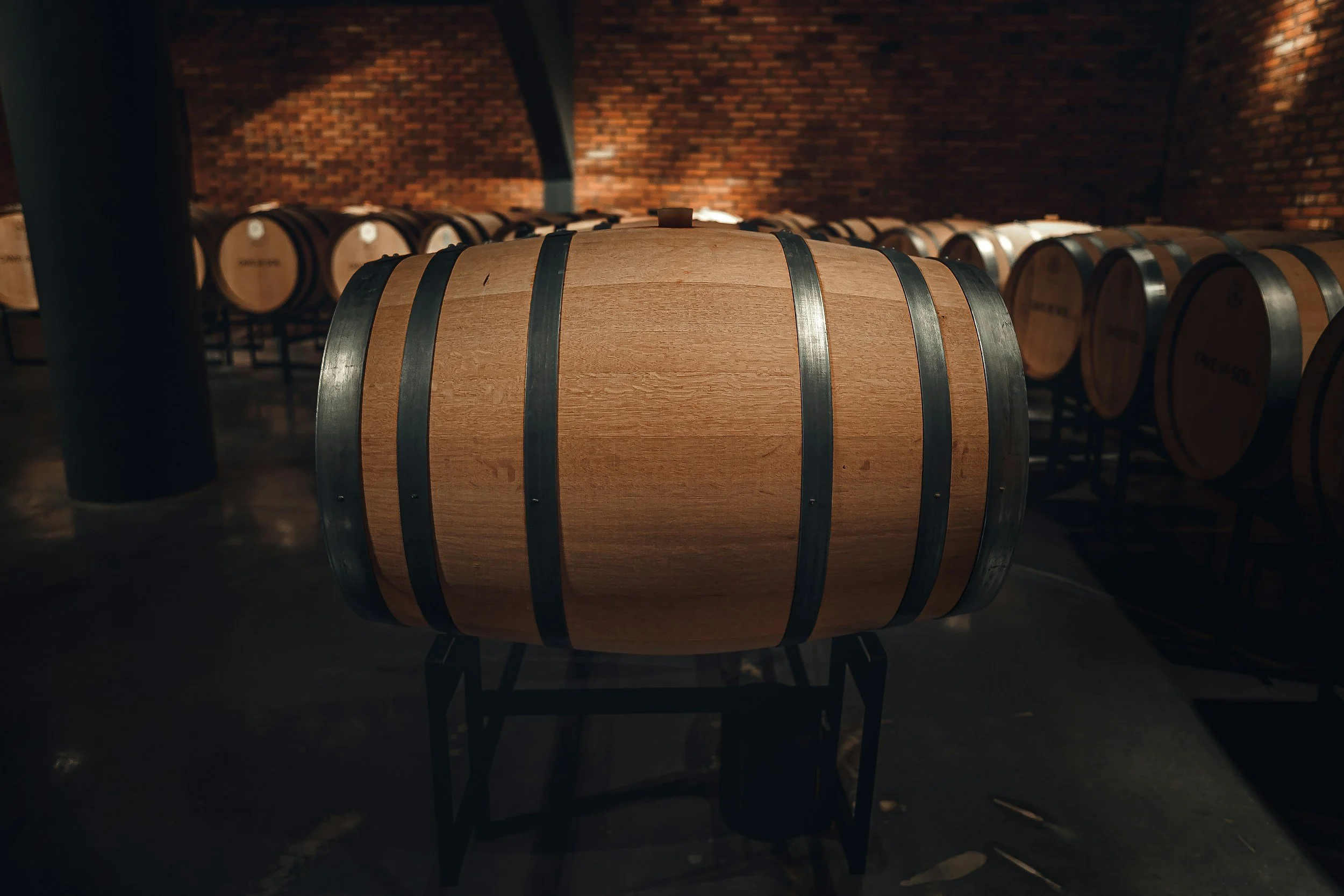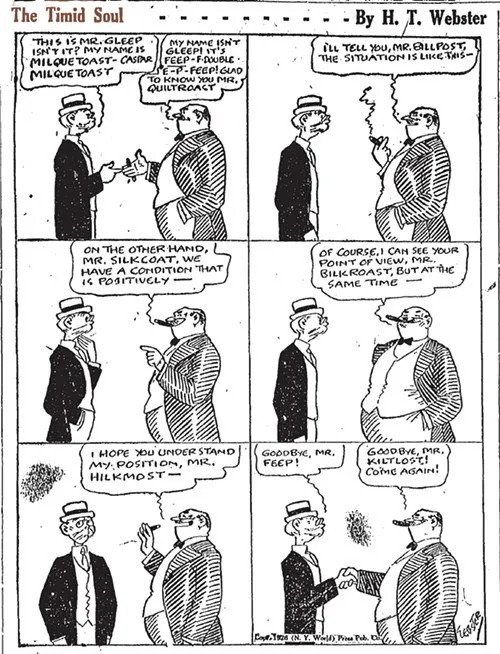A ‘callithump’ is a noun that describes a noisy, boisterous band or parade. Think drunken revelry, tins banging, horns blaring, maybe a smattering of cowbells and a general ruckus. So just your average Friday night on most British high streets then. You can also use it as an adjective (describing word) – so something can be 'callithumpian'.
The origin of the word is a bit murky, but most authorities agree it comes from an older British dialect term, ‘Gallithumpian’. The capital ‘G’ here isn’t a mistake – Gallithumpian is a proper noun (a unique person, place or thing) and, just in case you’re as geeky as me, nothing to do with Doctor Who’s home planet. In the late 18th and early 19th centuries, Gallithumpians were groups who deliberately turned up at elections, hustings and public gatherings to make as much noise as possible – banging pots, ringing bells and generally drowning things out. While this might sound like a protest, contemporary accounts describe Gallithumpians less as protesters and more as organised nuisances – they arrived, f*cked things up, then went home again.
Etymologists usually break ‘Gallithump’ down into elements meaning noise or bluster simply combined with ‘thump’. So it’s slightly mocking label for people whose main contribution was a load of noise and disruption rather than an actual counterpoint. Hmmm, I know a few people that could refer to.
Over time, ‘Gallithump’ lost its political edge and shifted from a label for the people involved to a description of the behaviour itself. ‘Gallithumpian’ softened into ‘callithumpian’, and eventually into ‘callithump’.
The first recorded use of ‘callithump’ as a noun in the sense of a riotous parade dates to 1843. In 19th‑century America the term was often used to describe makeshift celebrations or mock serenades – sometimes cheerful (pots and pans for a wedding, say), sometimes protest‑style chaos (anything to do with Donald Trump then).
So next time you see a chaotic, clang-and-carnival-style parade coming down your street, you might think: ‘Ah yes… a proper callithump.’ And, if you’re me, stand very still until it passes.


















